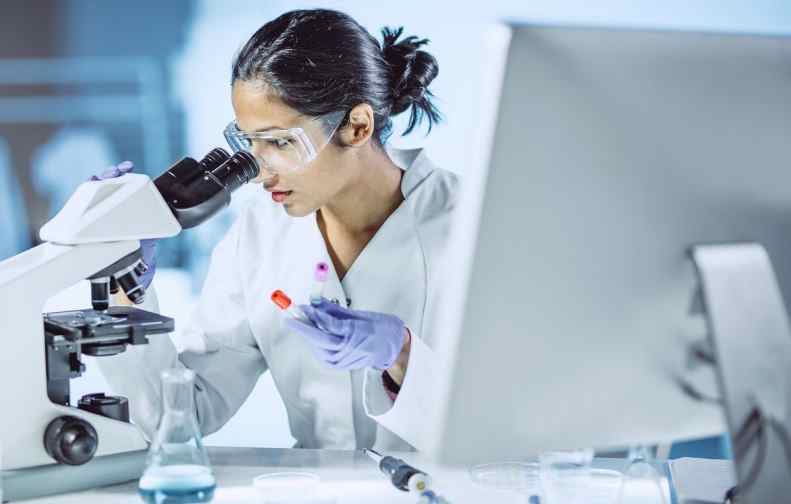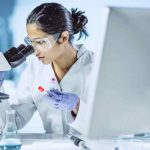People who made antibodies to fight COVID-19 are much less likely to test positive again for up to six months and maybe longer, 2 new studies show

There has been a lot of confusion about whether people previously infected with coronavirus can be re-infected again. Back in August, we wrote a piece about a research report from Hong Kong that found the first case of coronavirus reinfection in a recovered COVID-19 patient. Researchers said that a 33-year-old man who was first infected by SARS-CoV-2 in late March and then, four and a half months later, seemingly contracted the virus again while traveling in Europe. Then in October, a new Harvard-affiliated study found that people who recovered from COVID-19 may have lasting protection against re-infection.
Fast forward two months later, two new studies confirmed the result of the Harvard-affiliated study. According to a report from AP, two new studies are now giving a glimpse of hope that people previously infected with coronavirus may now have some protection against future infections. Researchers found that people who made antibodies to the coronavirus were much less likely to test positive again for up to six months and maybe longer.
In the first study conducted by the National Cancer Institute study, Dr. Ned Sharpless, director of the U.S. National Cancer Institute, said:
“People with antibodies from natural infections were “at much lower risk … on the order of the same kind of protection you’d get from an effective vaccine,” of getting the virus again. It’s very, very rare” to get reinfected.”
The second study, which was published Wednesday by the New England Journal of Medicine, involved more than 12,500 health workers at Oxford University Hospitals in the United Kingdom. According to researchers, of the 1,265 people who had coronavirus antibodies at the beginning of the study, only two people had positive results on tests to detect active infection in the following six months and neither developed symptoms.
That contrasts with the 11,364 workers who initially did not have antibodies; 223 of them tested positive for the infection in the roughly six months that followed.




